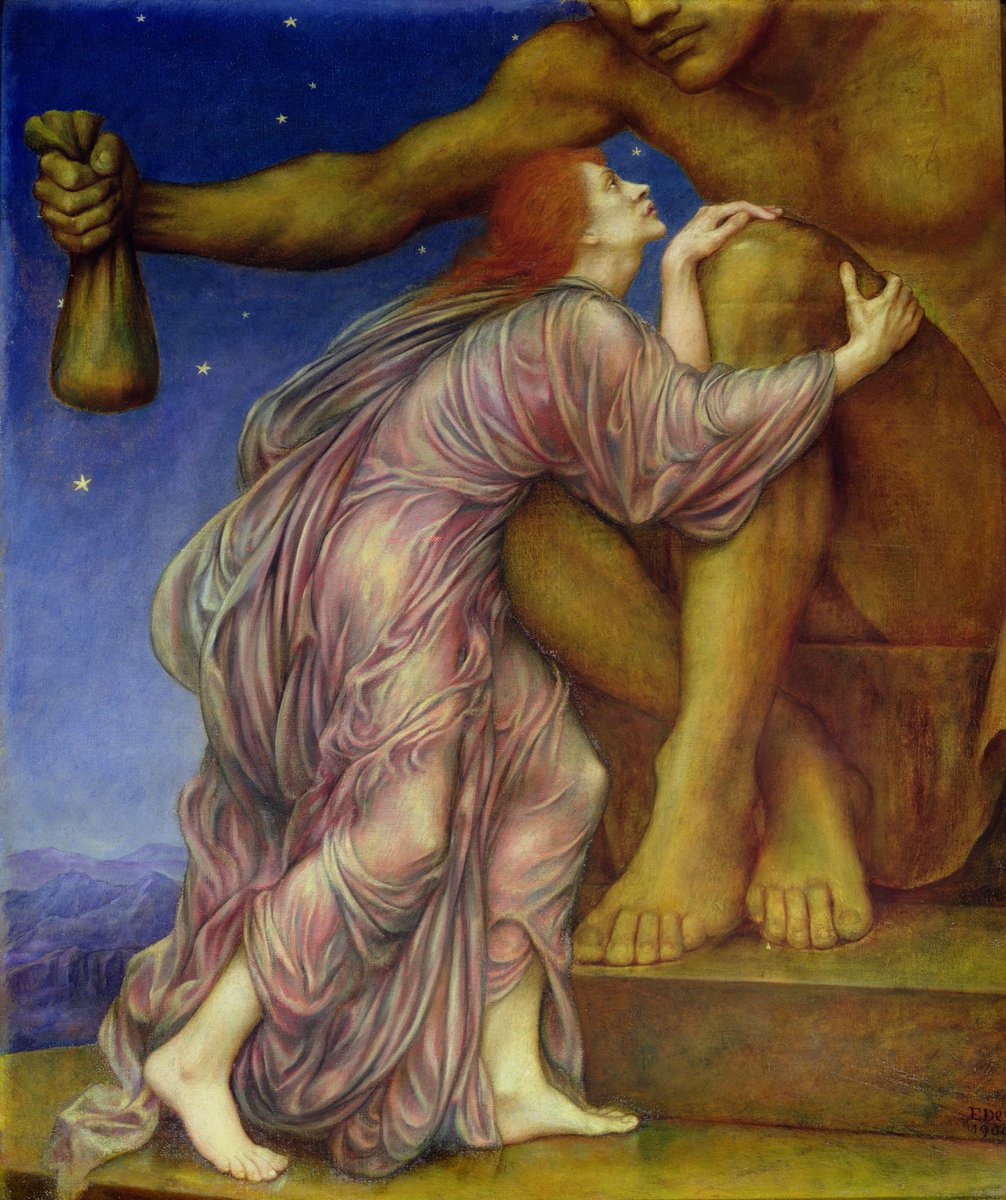
Gospel: Today's story of the "widow's mite," where a poor widow gave "from her poverty" to the Temple, is often held up as Jesus's praise of her generosity (Lk 21). But is it? Some NT scholars say Jesus is actually critiquing religious authorities who are exploiting the poor.... 

Luke likely got the story from Mark. And Luke Timothy Johnson in "Sacra Pagina" notes that Luke follows Mark's order in this part of his narrative "carefully."
The entry from "Sacra Pagina" (Donahue and Harrington) on the original passage in Mark 12 (41-44) is eye-opening...
The entry from "Sacra Pagina" (Donahue and Harrington) on the original passage in Mark 12 (41-44) is eye-opening...
"The widow is surely generous. But is she generous to a fault? Does Jesus really approve her action? Thus far in Mark 11-12 the Jerusalem Temple and its officials have been treated...
..from a critical perspective (see especially 11:15-19) and in 13:2 Jesus will prophesy the destruction of the Jerusalem Temple--an event that was to occur in 70 CE under the Romans. Thus the context of Mk 12:41-44 raises the question whether the generosity...
...of the poor widow should be taken as an occasion for praise (the usual approach) or for lament (an approach suggested by Addison G. Wright and others). When interpreted as a cause for lament the widow's actions would illustrate the perils...
.of institutional religion whereby the Temple establishment manipulated this generous woman into parting with what little she possessed. At the very least, attention to the Markan context leaves open whether the widow is presented as a model to be imitated...
...for her generosity or as someone to be pitied as the victim of religious exploitation."
"Sacra Pagina," The Gospel of Mark, Donahue and Harrington, p. 365.
Image: "The Widow's Mite," Louis Glanzman.
"Sacra Pagina," The Gospel of Mark, Donahue and Harrington, p. 365.
Image: "The Widow's Mite," Louis Glanzman.
• • •
Missing some Tweet in this thread? You can try to
force a refresh








